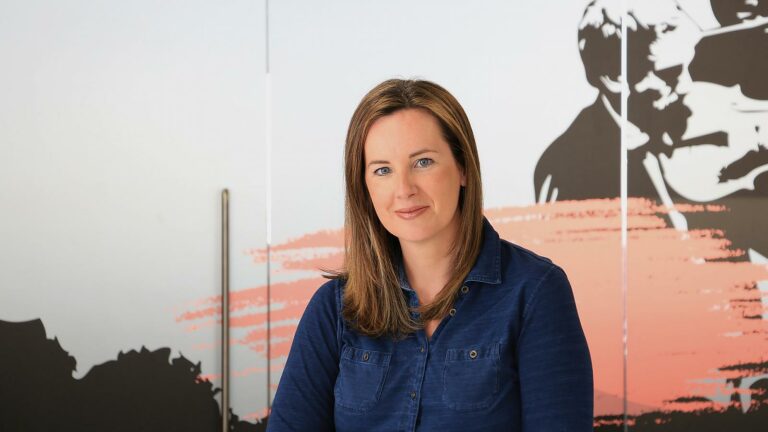Rachel McDonald, managing director of Dentsu Aegis Network North, and her team commissioned a global survey of 1000 Chief Marketing Officers from Tokyo to Manchester to find out how brands can win in a digital economy.
She admitted that some of the results were challenging – just 25% of UK marketing executives believe innovation is their main function – but they provide plenty of clues on how brands can win in a fast-changing digital economy….
If you want to take the pulse of a company’s performance no better place to start with the marketers, those responsible for empowering brands to deliver growth.
We embarked on an ambitious global health check talking to 1000 executives from Tokyo to Newcastle, Edinburgh, Leeds and Manchester. The diagnosis – budgets increasing, barriers to entry declining and a growing mountain of data presenting risks but plenty of opportunities for those with drive and creativity.
One stat does suggest UK marketers lag behind globally in ranking innovative disruption as important in their role, when it is in fact the very stuff that enables brands to capitalise on a growing digital economy.
The USA come top with 46% who rate it vital while the UK languish bottom at 25%, with the global average around 33%. Compelling evidence that shows there is still a long way to go for traditional business models and cultures to respond to the unprecedented rate of change fuelled by new technology.
But, the prize for brands who do get to grips with disruption is immense, with digital touching every aspect of our lives – at home, at work and at play – estimated to grow to a value of $100trillion by 2025.
Capitalising on this means putting customers first. As consumers demand better brand experiences, disruptive creativity becomes a strategic imperative. Yes, our research shows there is no Brexit or geo-political slow-down with marketers predicting to increase their budgets over the next 12 months. But the composition of that spend is changing rapidly as it becomes increasingly challenging and complex to engage with consumers.
Here’s some key takeaways:
Guerillas in our midst
56% are witnessing increasing levels of competition are key as technology brings barriers to entry crashing down. In this demand-led economy, growth is emerging from unexpected quarters as brands wage guerrilla warfare. For example, Apple, Google and Uber are now dipping their big-tech toes into healthcare industry.
Creativity is king
Consumers are getting fed up with traditional advertising, pointing to the need for more creative approaches across diverse touch points powered by data-driven insight. 71% of CMOs believe creating ideas and campaigns that connect emotionally and endure will be critical if brands are to attract consumers to them. Short-term Elastoplast fixes being replaced by long-term brand building.
That’s too much information
Information overload is cited by 46% as an issue. In the last two years over 90 per cent of the data in the world was created, but with the right skills sets in your business it can be the enabler to identify new growth opportunities.
If you have the data, you have the advantage.
Over the next three years 79% of CMOs see the ability to use data to reach real people, rather than proxies or customer segments, as the number one strategic opportunity.












